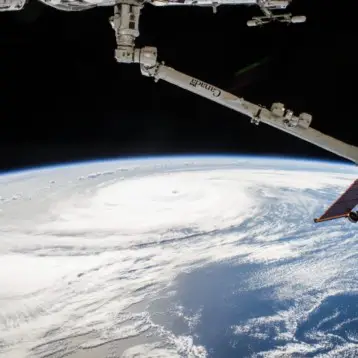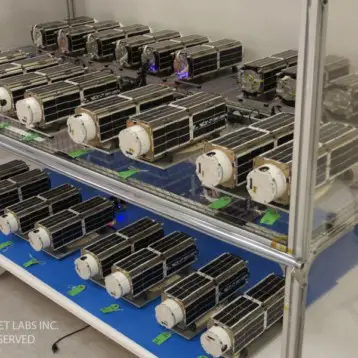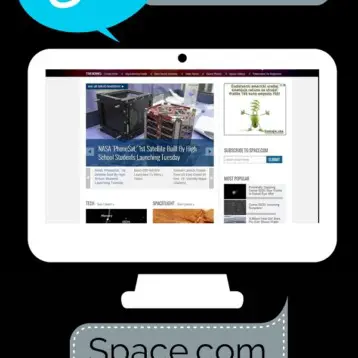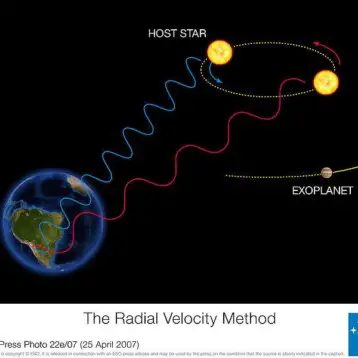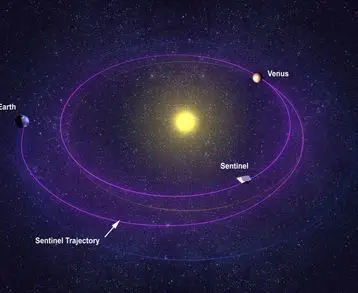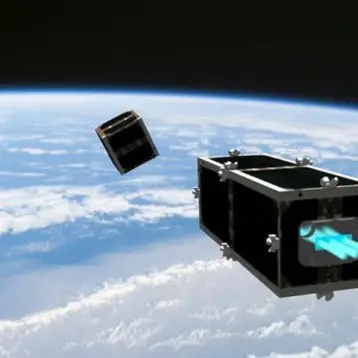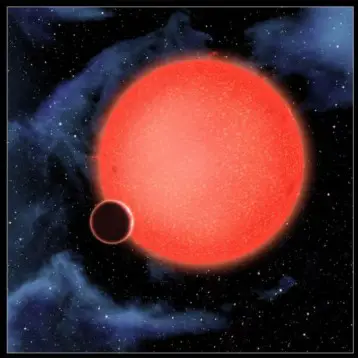SpaceX was founded in 2002 by multimillionaire Elon Musk, who also co-founded PayPal (now owned by eBay). Musk is said to invest over 100 million dollars in SpaceX which he hopes will help make space more affordable. Currently the average cost of launching one kilogram to space is between $7000 and $10,000. SpaceX aims to reduce this cost by as much as 10 times in the next several years. If successful SpaceX could open the door to a larger group of companies which will now be able to send payloads to space at reduced costs as well as to many small and medium scientific projects which are currently unable to pay the price of going to space.
Falcon 1 is a two stage 21 meters (69 feet) tall rocket capable of carrying just over half a ton (1200 pound) in low earth orbit (LEO). In the future SpaceX is planning larger rocket models called Falcon 5 and Falcon 9. Falcon 5 will be more than twice as tall as Falcon 1 and will be able to carry over 4 ton (8800 pounds) into LEO. The largest Falcon 9 version (Falcon 9-S9) is scheduled to carry a whooping 24.75 tons into LEO potentially reducing the cost of sending one kilogram into space to around $3000.
The current launch isn’t the first time SpaceX is trying to launch the Falcon 1. On November 26, 2005, the first launch attempt was postponed due to bad weather and on December 19, 2005, a second attempt failed when the first-stage suffered damage during the launch process. SpaceX sees the current test flight as a partial success and plans to continue developing its Falcon rocket project and the first launch of the Falcon 9 is scheduled for late 2007, with a U.S. government payload, followed by a launch, in the first quarter of 2008, with a payload of a Bigelow Aerospace expandable space-hotel module.


